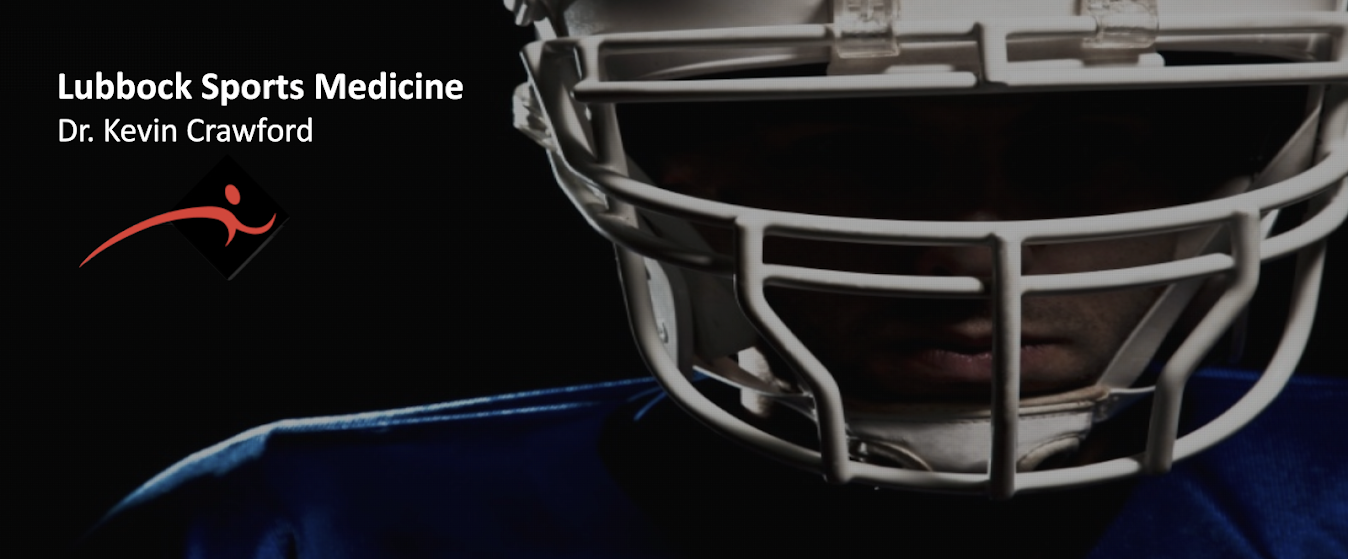FREE* Saturday AM Injury Clinic for
Student-Athletes
Lubbock Sports Medicine
4110 22nd Place. Lubbock, TX 79410
(806) 792-4329
To help treat sports-related injuries when it's tough to get into Urgent Care, Lubbock Sports Medicine is offering its Saturday morning Injury Clinic for Student-Athletes.
Starting at 8:30am, and running through November 21st, we'll have our expert staff on-hand to assess our area's athletes for their recent on-field injuries.
Providing the latest in sports medicine expertise, the clinic is designed for the convenience of Athletic Trainers, Coaches, and Parents of athletes to evaluate and receive quick answers for sports injuries that they have incurred.
LSM's Physicians will provide their office services Free of Charge*. Only imaging, bracing, and supplies will be charged when required.
To make your time that much more efficient at the clinic, you can download and Complete this Form . Just hand it to the receptionist upon your arrival. If you have any questions, please contact us at (806) 792-4329
Dr. Kevin Crawford
Orthopedic Surgeon / Sports Medicine Specialist
Lubbock Sports Medicine
Disclaimer: This information is provided as an educational service, and is not intended as a substitute for medical advice. Anyone seeking seeking specific medical advice or assistance should consult his or her doctor or orthopedic surgeon.
Lubbock Sports Medicine
4110 22nd Place Lubbock, TX 79409
(806) 792-4329
4110 22nd Place Lubbock, TX 79409
(806) 792-4329



